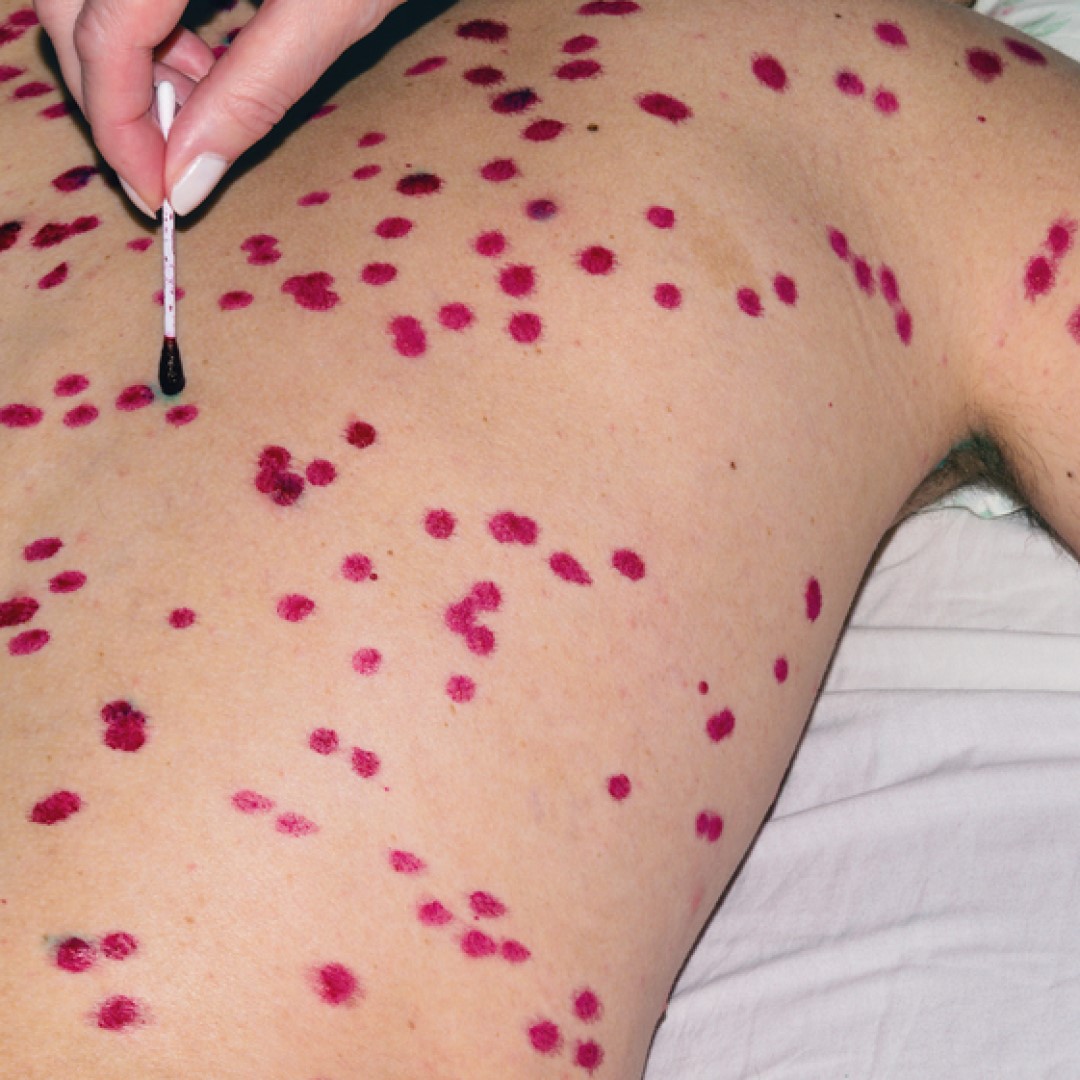
OHSU announced results of a smallpox vaccine study on America’s preparedness for a smallpox outbreak
On Aug. 17, 2003, Oregon Health & Science University (OHSU) announced the final results of a smallpox vaccine study that showed America’s preparedness for a smallpox outbreak may be greater than initially thought. The Research showed 90 percent of those vaccinated 25 to 75 years ago maintained a substantial level of immunity.
To conduct the research, OHSU enlisted the help of 332 study participants. Of this larger group, 306 participants had received at least one vaccination within their lifetime, some had undergone as many as 14 inoculations. The timing of vaccinations also varied among study volunteers. Some participants had been vaccinated as recently as one month prior to testing and as long ago as 75 years. The remaining 26 participants in the study had never received a smallpox vaccination in their lifetime and served as control subjects. The study group was very diverse; volunteers included those vaccinated in 43 states and 34 foreign countries.
Researchers also made key discoveries about long-term immune system responses following inoculation. They found that one component of the immune system retained memory of how to fight smallpox for a much longer period than another immune system component. One form of immunity is linked to levels of antibody produced in the body in response to the vaccine. In study participants, these antibody levels remained relatively stable up to 75 years post-vaccination. The second form of immunity is antiviral T-cells programmed by the vaccine to attack the smallpox virus. In study participants, antiviral T-cell levels declined slowly over time with a half-life of approximately 8 to 15 years.
Historical data suggests that immunity against lethal smallpox infection can be maintained for many years after vaccination. However, this same data also shows that the level of disease severity increases with the length of time between vaccination and infection – in other words more severe cases occur in infected patients vaccinated many years ago compared to infected patients vaccinated more recently. While Slifka says it’s difficult at this point to state whether antibody or T-cell levels correspond to death and severity rates, the possibility of a connection exists.
In addition, researchers concluded that in the long run, repeated vaccinations do not result in a higher level of disease protection. The research project was the largest of it’s kind ever conducted. The study was published in Nature Medicine.
Tags:
Source: American Association for the Advancement of Science
Credit:
